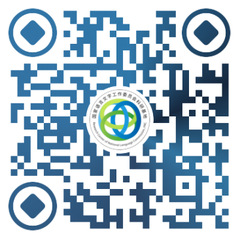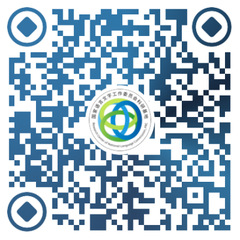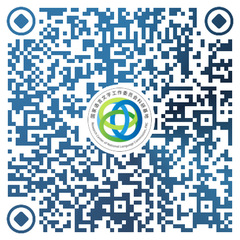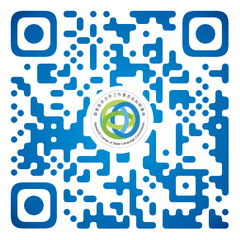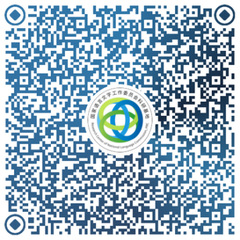Language Education Policy Studies
Theme 1: The Language of Peace, Connectedness and Harmony, its Potentials and its Limits
Theme 2: Comparing Language Curricula in Various Countries
Theme 3: Multimedia and Foreign Language Education
Language Education Policy is a burgeoning field of scholarship that grounds its legitimation on broad frameworks such as Language Policy, Education Policy, Curriculum Studies and Critical Language Studies. It needs to define its conceptual and philosophical orientations and its foundational purposes to receive increasing recognition by educators and the public in response to growing societal interests in globalization and local forms of school violence that manifest in the way languages are treated.
This call for papers invites submissions that take an overview of the field of Language Education Policy Studies as it may inform Peace Education, analyzing the emergence and gradual formation of concepts such as Harmony, Connectedness and Peace that habe an impact on Language Education Policies, examine the potentials and limitations of such policies, review the state of the field and envision possible futures. It encourages submissions that utilize multidisciplinary, interdisciplinary, and transdisciplinary approaches to study and research.
A conceptual orientation is proposed to motivate language education curricula that transform school cultures into constructive learning communities and cultures of connectedness, harmony and peace. Language Education Policies can help repair the contextual, psychological, ideological and social fabric of human lives and societies impacted by misconceptions based on language ideologies and language status that lead to miscommunication, discrimination, social divisions and human struggle throughout both developed and developing countries.
Spring 2014 Inleps will be held in
In the 85 Sky Tower On the
June 14 - The first day of the INLEPS Conference will be foundational and documentary. MORNING: All three themes of the Conference will be developed from a foundational perspective.
The AFTERNOON will present documentary-based papers that propose historical or critical text analyses that provide a serious ground for a higher-level orientation of language education policies that could have an impact in the classroom.
June 15 - The second day of the INLEPS Conference will present empirical work from applied linguists, applied semioticians and educators researching field data related to language education policies aligned with the three themes of the Conference:
Theme 1: The Language of Peace, Connectedness and Harmony, its Potentials and its Limits;
Theme 2: Comparing Language Curricula in Various Countries;
Theme 3: Multimedia and Foreign Language Education Policies.
Applications for the Conference as well as electronic submissions should be sent on Word.doc, Word.docx, or Word.rtf files to the Editors: ftochon@education.wisc.edu
To apply for the Spring 2014 Inleps Conference, please send us:
1) Your name, position, institution, address, email
2) The tentative title of your paper
3) A 50-word summary of your paper for the Conference website
4) A 200-word summary of your paper for the program
5) A 100-word biosketch presenting who you are and your achievements
Deadline for applying: March 1st, 2014
Deadline for web registration: April 1st, 2014
A webpage will be open for the registration process and hotel reservation through the
Spring 2014 Inleps Conference director, Professor Yuangshan (Mike) Chuang
The Fall 2014 Inleps Conference will be held in
The submission deadline for the full paper is June 1st, 2014.
Publishing Guidelines
Papers must present innovative ways to orient the field of Language Education Policy towards the transdisciplinary goal of peace building locally, nation-wide and internationally. New findings or theoretical integration relevant to the book topic are welcome.
The main text of each manuscript, exclusive of figures, tables, references, and/or appendices, should not exceed 30 double-spaced pages (approximately 9,000 words).
Please present your paper in such a way that its content is informative and self-contained and can be used in courses on Language Education Policy studies, Linguistic Human Rights, or Language-in-Education. The relevant literature should be reviewed thoroughly and each chapter should be well grounded theoretically with a clear and original conceptual framework, and the case exploration should be original, instructive and compelling. If you are not sure about whether your proposal would fit this format, please contact the Editors for advice.
In the body of your e-mail message include the author(s) name(s), contact information for the corresponding author, and the title of your submission. Your submission will be acknowledged promptly via return e-mail. All contributions must be submitted in English. Manuscripts should have as little formatting as possible -- it all needs to be removed before we can work with it. Please be sure to specify in the cover letter that your submission is intended for the LEP for Peace topic.
Page 1 of the Initial Submission: Page 1 of your submission should contain the title of the chapter and should identify all authors, including authors' names, mailing addresses, and e-mail addresses. Authors' names should not appear anywhere else in the manuscript, except possibly as part of the reference list.
Page 2 of the Initial Submission: Page 2 of your submission should contain the title of the paper, followed by an Abstract that does not exceed about 150 words. The Abstract is followed by the text of the chapter.
Other Information: For the review process, authors should not include any biography or picture. These will only be required if the manuscript is accepted for publication. Any photos or illustrations should be submitted in separate files and should be high resolution, black and white. Color will only work for the online version. We won't be able to do that with the print version. You can also submit figures as jpg files. Figures must be prepared on professional applications rather than Word, of which default-figures can’t get quality printing. Please avoid colors, 3D and shadows in your figures. High quality black & white is preferable, while high quality 25-50% grey shade can exceptionally be used if really needed.



